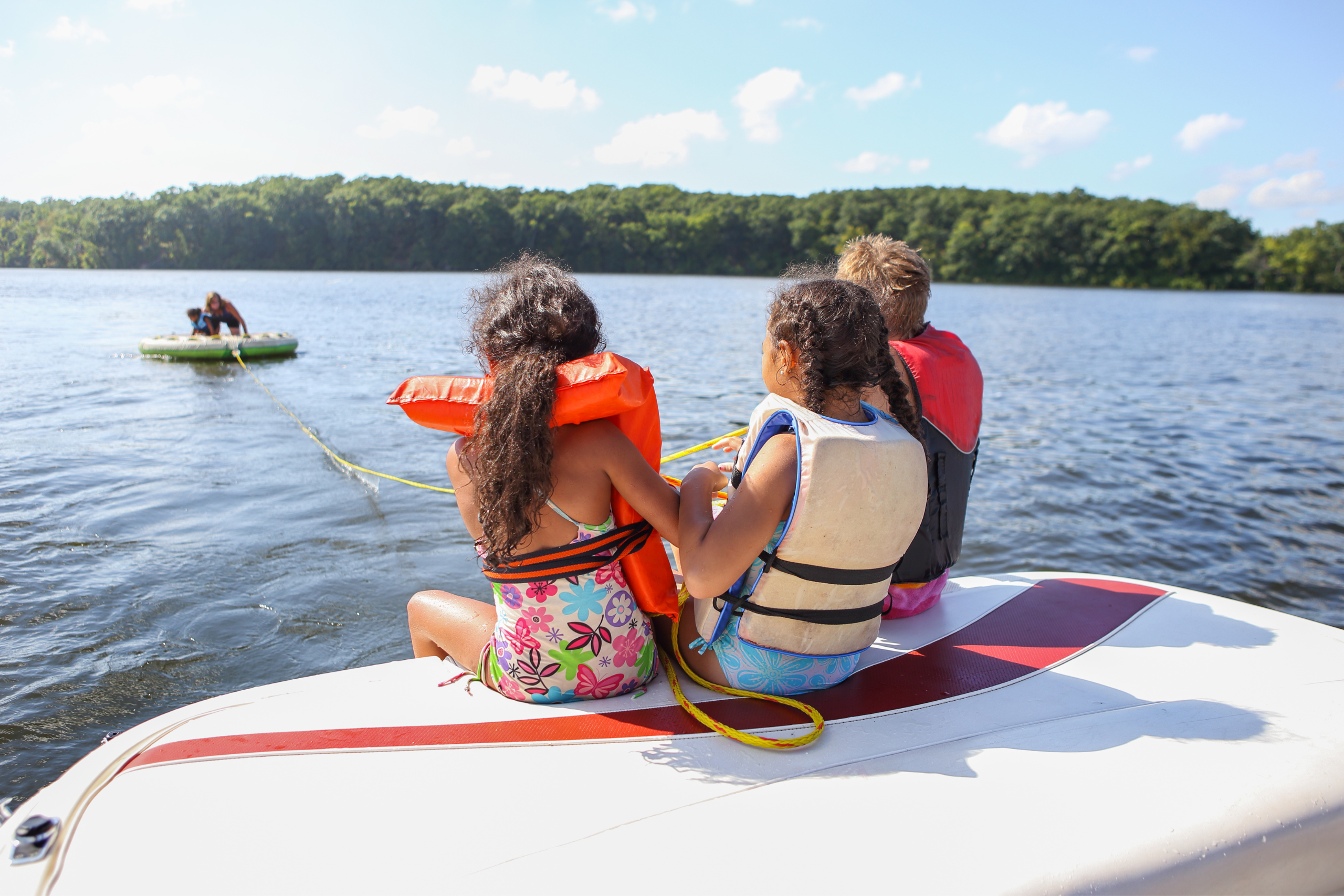The summer months have always been the time of year when outdoor activity picks up, and people are getting out more than ever after this year’s springtime quarantine. These adventurous days outside usually lead to a fun time and a good night’s sleep, but unfortunately, not always.
Health issues related to dehydration and drowning are more prevalent in the warmer months. Although one is usually much more serious than the other, both can land you in the ER if you’re not careful.
This July, we’re discussing water-safety and ways to ensure you’re getting enough of it this summer!
Drowning
We’ve all heard the horror stories of someone going under the water and not coming back up. As much as we would never want to see ourselves in that situation, it’s essential to be informed and prepared to prevent possible accidents. Unfortunately, the reality is that it only takes a few seconds for something to go irreversibly wrong, even for the strongest swimmers.
Drowning is the number one cause of death in young children ages one to four years old. Two-thirds of fatal drownings take place from May to August. Drowning happens silently in almost all cases, without warning sounds or splashing, and all it takes is one inch of water. Therefore, it’s crucial to actively watch children while they bathe, swim, or play in the water.
The Department of Public Health encourages parents to follow the SILENT guidelines, which includes:
(S)wimming pools should have fences, drains, and alarms that meet regulation
(I)nstall alarms in houses with swimming pools in the backyard
(L)ayers of protection include adult supervisors, floats, pool covers, etc.
(E)ye—keep an eye on kids near or in the water at all times
(N)ever leave a child alone near water
(T)ouch—an adult or lifeguard should be close enough to reach a child if needed
If a child slips underwater and starts showing these signs, seek medical attention immediately:
- Difficulty breathing or shortness of breath
- Coughing
- Congestion
- Fatigue
- Drowsiness
- Abnormal behavior
Be sure to closely monitor a child who’s gone under water even if they don’t show symptoms right away, as “dry drowning” can occur.
Dehydration
Dehydration is a highly common reason for ER visits during the hotter months, and the most popular culprit for it is alcohol. A study conducted by BACtrack found that June is the heaviest drinking month for Americans, with an average BAC of 0.066%, while July and August are tied for second with an average BAC of 0.063%.
Alcohol is a diuretic, and it removes fluids from your blood through your kidneys, bladder, and ureters much faster than other liquids. Therefore, if you’re not consuming just as much, if not more water than alcohol, you’re on the fast track to dehydration. Especially if you’re drinking in the sun!
However, there are more causes of dehydration than alcohol, including:
- Fever
- Diarrhea and vomiting
- Humid or hot weather
- Sweating
- Urinating frequently
According to The National Academies of Sciences, Engineering, and Medicine, healthy adult men need approximately 15.5 cups of water or hydrating fluids (about 3.7 liters) a day and women need about 11.5 cups (2.7 liters) daily.
Here are five easy steps to follow for better hydration:
- Keep a large glass of water near your bed and drink it first thing in the morning to restore your body of fluids lost while sleeping
- Minimize your caffeine and alcohol intake during the day
- Drink one cup of water for each caffeinated or alcoholic beverage you do consume
- Always have a hydrating beverage handy to sip on in the car, at your desk, or on the couch
- Eat your H20 with fruits high in water concentration like watermelon, apples, carrots, celery, etc.
Care Available 365 Days
Sunburns, allergic reactions, cuts, broken bones, insect stings, and bites are also more common in the warm, active months. No matter what the injury or ailment, we are here year-round to help! Our premier facility is open 24/7, 365 days a year, and we pride ourselves in helping to keep the Tulsa community healthy.
We hope everyone is having a safe and healthy summer!
Disclaimer: As a service to our readers, Tulsa ER & Hospital and Nutex Health state no content on this site, regardless of date, should ever be used as a substitute for direct medical advice from your doctor or other qualified clinicians.
Nutex Health, Inc supports you and your family’s health. You can depend on Tulsa ER & Hospital, or any of our concierge-level medical facilities to deliver the emergency care you deserve, 24 hours a day, 365 days a year.




Comments are closed